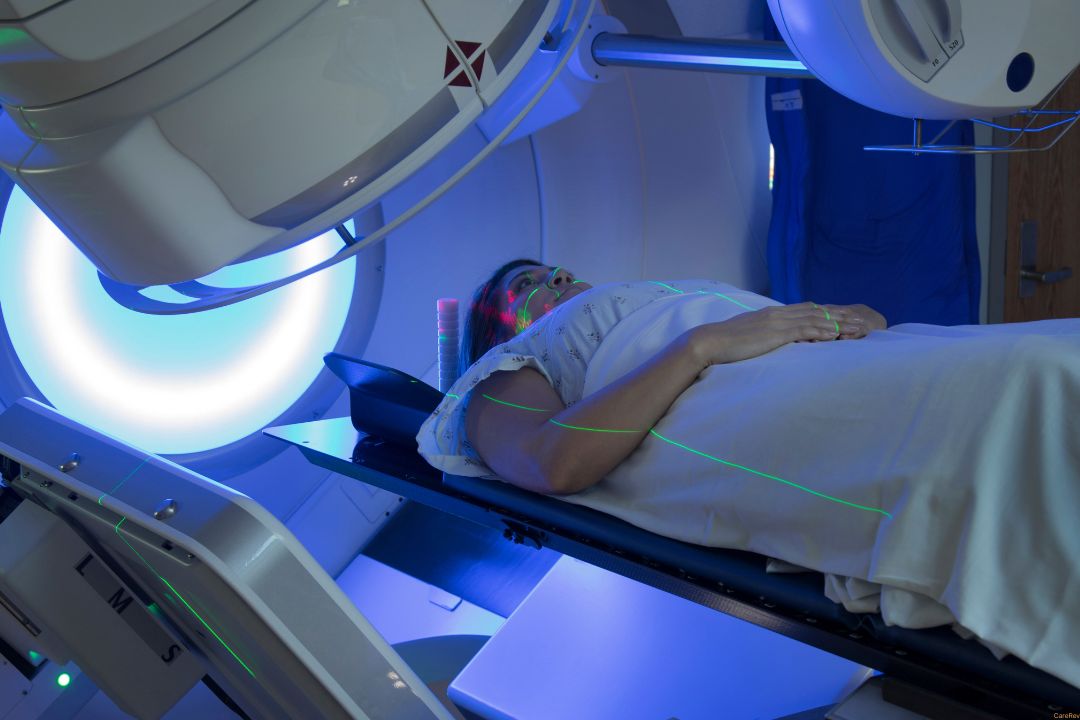
In today's rapidly evolving healthcare landscape, technology plays a pivotal role in improving patient care, enhancing efficiency, and facilitating communication among healthcare professionals. At one intersection of healthcare and technology lies the specialized field of nursing informatics—a discipline that combines nursing science with information management and analytical sciences to optimize healthcare delivery.
What is nursing informatics?
Nursing informatics is the specialty that integrates nursing science with information management and analytical sciences to identify, collect, process, and manage data and information to support nursing practice, administration, education, research, and the expansion of nursing knowledge.
The role of nursing informaticists
Nursing informaticists serve as the bridge between healthcare providers and technology systems, leveraging their expertise to enhance patient care outcomes, streamline processes, and drive innovation within healthcare organizations. Their responsibilities encompass a wide range of functions, including the following:
Clinical workflow optimization
Nursing informaticists analyze clinical workflows and identify opportunities to streamline processes through the implementation of electronic health records (EHRs), clinical decision support systems, and other technology solutions. By optimizing workflows, they enhance efficiency and ensure that nurses can focus more on patient care.
Data management and analysis
Nursing informaticists are proficient in data management and analysis techniques, allowing them to collect, organize, and analyze healthcare data to derive meaningful insights. By leveraging data analytics, they can identify trends, patterns, and areas for improvement in patient care delivery.
System implementation and training
Nursing informaticists play a crucial role in the implementation of new technology systems within healthcare organizations. They collaborate with IT teams to ensure the successful deployment of electronic health records, telehealth platforms, and other digital tools. Additionally, they provide training and support to nurses and other healthcare staff to ensure they can effectively utilize these systems.
Quality improvement initiatives
Nursing informaticists participate in quality improvement initiatives aimed at enhancing patient safety, satisfaction, and outcomes. They utilize data-driven approaches to identify areas for improvement, implement evidence-based practices, and monitor progress towards organizational goals.
Research and education
Nursing informaticists contribute to nursing research by investigating the impact of technology on patient care delivery, outcomes, and healthcare systems. They also play a vital role in educating nurses and other healthcare professionals about the use of technology in clinical practice, ensuring they have the necessary skills and knowledge to leverage digital tools effectively.
The impact of nursing informatics
The specialty of nursing informatics has a profound impact on healthcare delivery, quality, and safety. By harnessing the power of technology, nursing informaticists empower nurses and other healthcare professionals to deliver high-quality, patient-centered care. Some key benefits of nursing informatics include:
- Enhanced Patient Safety: Nursing informatics solutions, such as barcode medication administration and clinical decision support systems, help reduce medication errors and adverse events, ultimately enhancing patient safety.
- Improved Care Coordination: Electronic health records and health information exchange platforms facilitate seamless communication and collaboration among healthcare providers, improving care coordination and continuity.
- Increased Efficiency: By automating routine tasks and streamlining workflows, nursing informatics solutions optimize efficiency within healthcare organizations, allowing nurses to spend more time on direct patient care.
- Data-Driven Decision Making: Nursing informatics enables data-driven decision making by providing healthcare professionals with access to timely, accurate, and actionable information. This empowers them to make informed decisions that positively impact patient outcomes.
- Facilitation of Evidence-Based Practice: Nursing informatics supports evidence-based practice by providing nurses with access to the latest research findings, clinical guidelines, and best practices. This enables them to deliver care that is rooted in evidence and tailored to the individual needs of patients.
Conclusion
In conclusion, nursing informatics is a specialized field that plays a crucial role in harnessing the power of technology to optimize healthcare delivery. Nursing informaticists leverage their expertise to enhance patient care outcomes, streamline processes, and drive innovation within healthcare organizations. As the healthcare industry continues to evolve, the demand for skilled nursing informaticists will only continue to grow, ensuring that nurses are equipped with the tools and knowledge needed to navigate healthcare's digital future.





